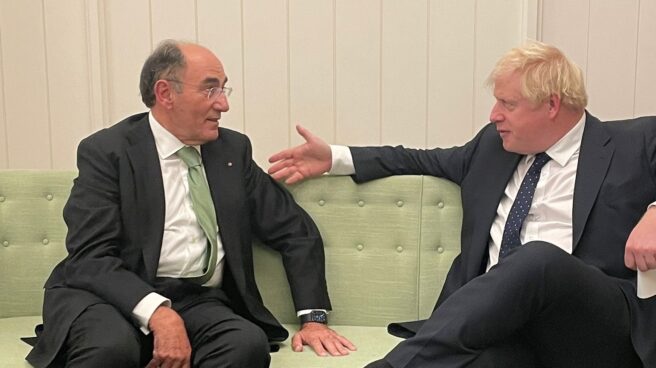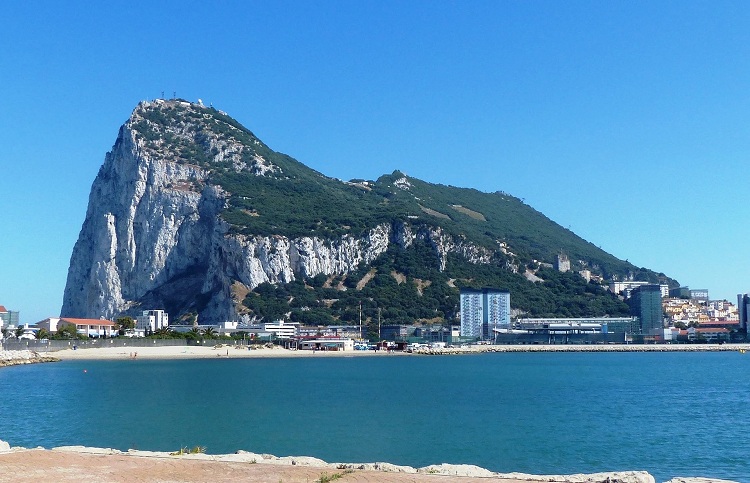The Diplomat
Iberdrola has submitted its ‘East Anglia 3’ offshore wind project to the UK renewables auction and plans to participate in the calls to develop this technology that may be launched in Japan this year, according to the company’s chairman, Ignacio Sánchez Galán.
At the group’s general shareholders’ meeting, Galán indicated that the energy company presented this week this project to the auction in the UK, which would involve investments of around 4,000 million euros for the development of a capacity of 1,400 megawatts (MW).
East Anglia 3 is one of the three authorised offshore wind projects that make up the East Anglia Hub, Iberdrola’s 3,000 MW project in the UK, which could involve an investment of around 10 billion pounds sterling (around 11.7 billion euros).
In the case of Japan, Galán said that if offshore wind auctions are held in the country this year, the group “could already participate with some of the projects it has in its portfolio”.
In September 2020, Iberdrola entered the Japanese market with an agreement with Macquarie’s Green Investment Group (GIG) to acquire 100% of the Japanese developer Acacia Renewables, a group that already had two offshore wind farms under development, with a combined capacity of 1.2 gigawatts (GW), and which had another four projects in its portfolio, totalling a capacity of 2.1 GW.
Galán stressed that Iberdrola has been a “pioneer” in offshore wind, a key technology for the group’s future growth and where it has three large offshore complexes in operation: ‘East Anglia 1’ and ‘West of Duddon Sands’, in the United Kingdom; and ‘Wikinger’, in Germany.
He stressed that the group will invest around 10 billion euros in this technology over the next 3-4 years, mainly in the United States, Germany, France and the United Kingdom.
With regard to the war in Ukraine, Galán, who sent “a message of solidarity to the Ukrainian people” and expressed his desire for “the invasion to end as soon as possible”, assured that the impact for Iberdrola “is minimal”, as the group is not present in or importing gas from either of the two countries.
However, he considered that this crisis has demonstrated the need to “be more energy self-sufficient, which will mean more investment in networks, renewables and storage”, in line with the group’s strategy.







